October 29, 2025
Data Shows Endangered Palau Ground Doves Swiftly Recovering After Successful Palauan Island Conservation Effort
Astounding evidence of recovery on Ulong Island in Palau after just one year!
Published on
January 25, 2023
Written by
Island Conservation
Photo credit
Island Conservation
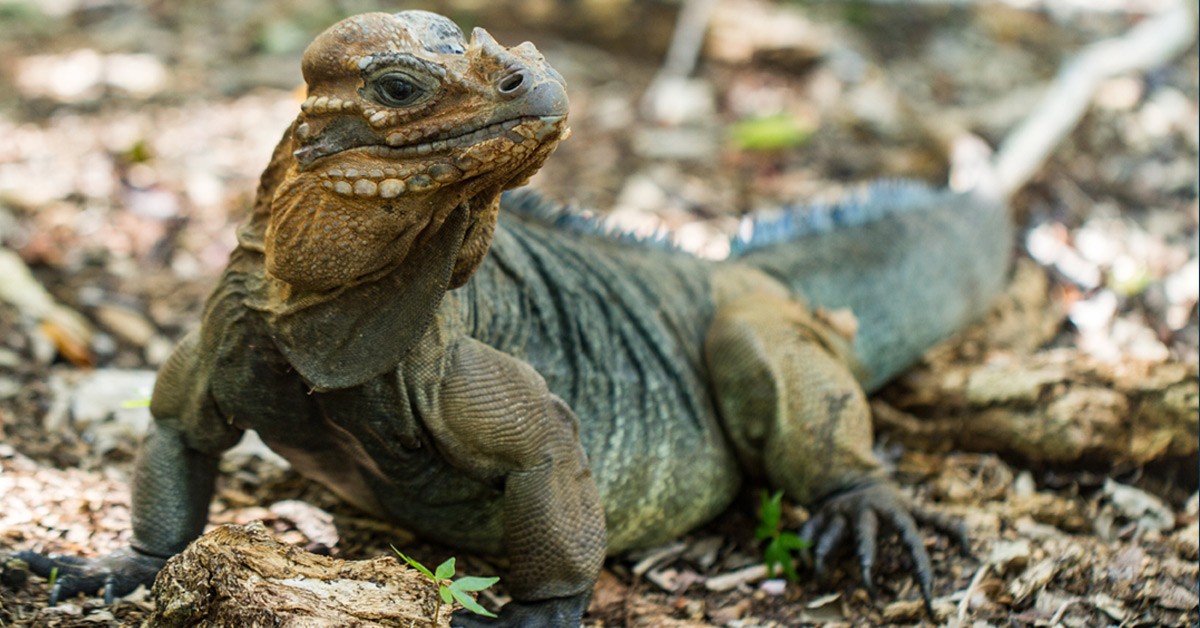
The Mona Iguana (Cyclura stejnegeri) is a Critically Endangered species of lizard found only on Mona Island, Puerto Rico. It is a large, ground-dwelling lizard that grows up to three feet in length and can live up to 40 years. This reptile is gray in color with dark mottling and a yellowish-orange tail. It feeds primarily on fruit, flowers, leaves, and other vegetation, and also feeds on insects, spiders, and snails. The Mona Iguana is an important species for the island’s ecosystem, providing food for other animals and helping to disperse seeds.
Unfortunately, due to the impacts of invasive species including mice, rats, and feral pigs, the population of the Mona Iguana has been greatly reduced. Invasive species have significantly decimated the nesting ground for the Mona Iguana, and other native species, by altering the nesting habitat and predating on eggs and juveniles.
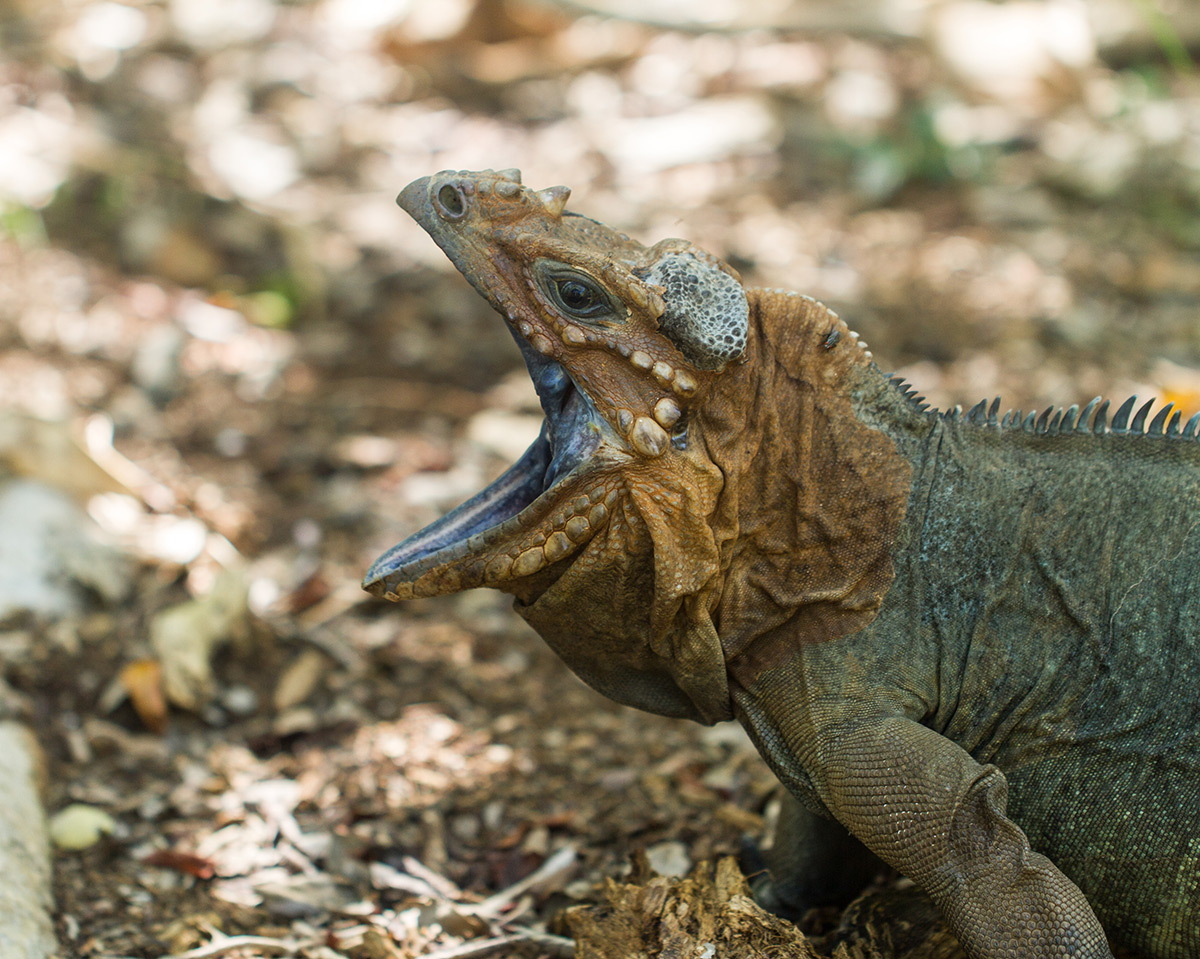
Invasive species can be removed from islands, allowing wildlife the opportunity to recover and once again thrive. Removing invasive species from islands has repeatedly proven to a one of the highest conservation impacts we can have. This one-time action protects restores and protects native plants and animals, creating ecosystem resilience to climate change and benefiting nearby marine environments and communities.
Check out other journal entries we think you might be interested in.

October 29, 2025
Astounding evidence of recovery on Ulong Island in Palau after just one year!
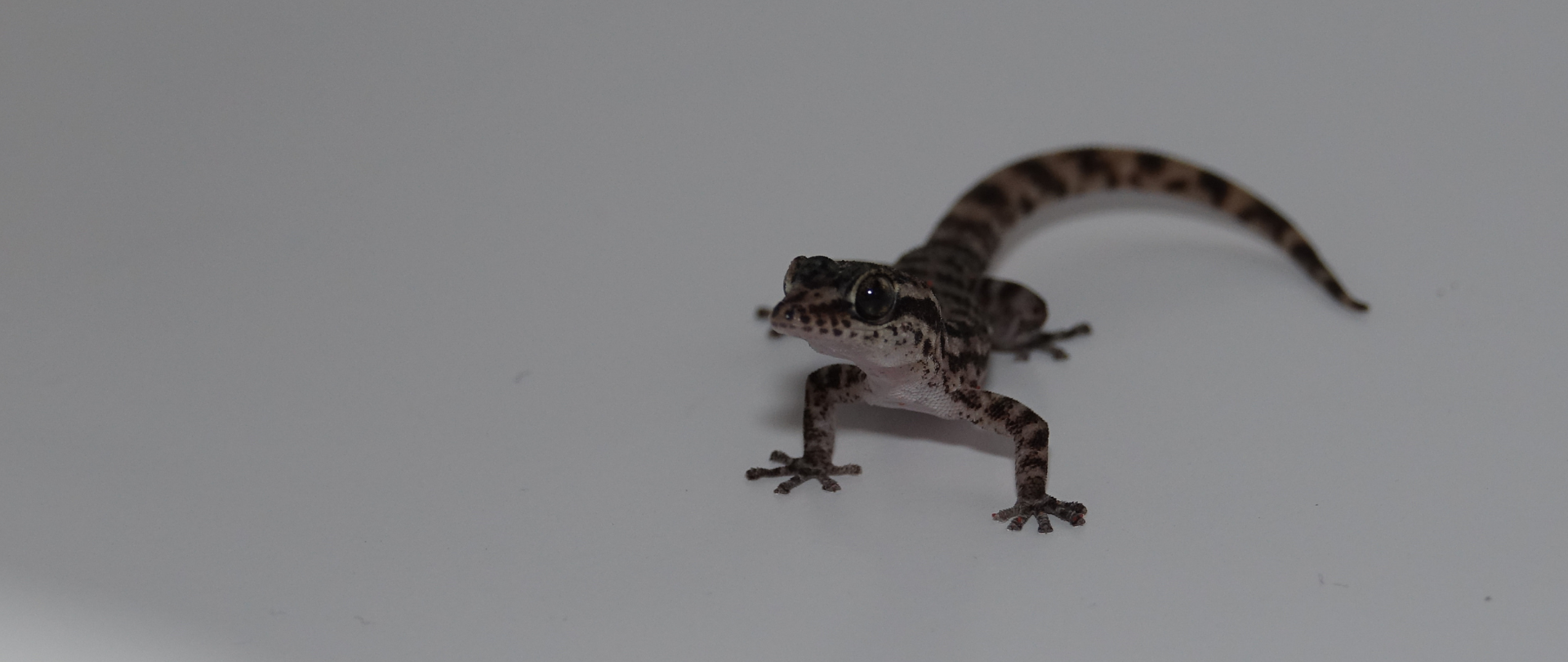
July 22, 2025
A species once thought extinct just made its comeback. A study published in PLOS ONE confirms the Leaf-toed Gecko has been rediscovered on Rábida Island in the Galápagos.
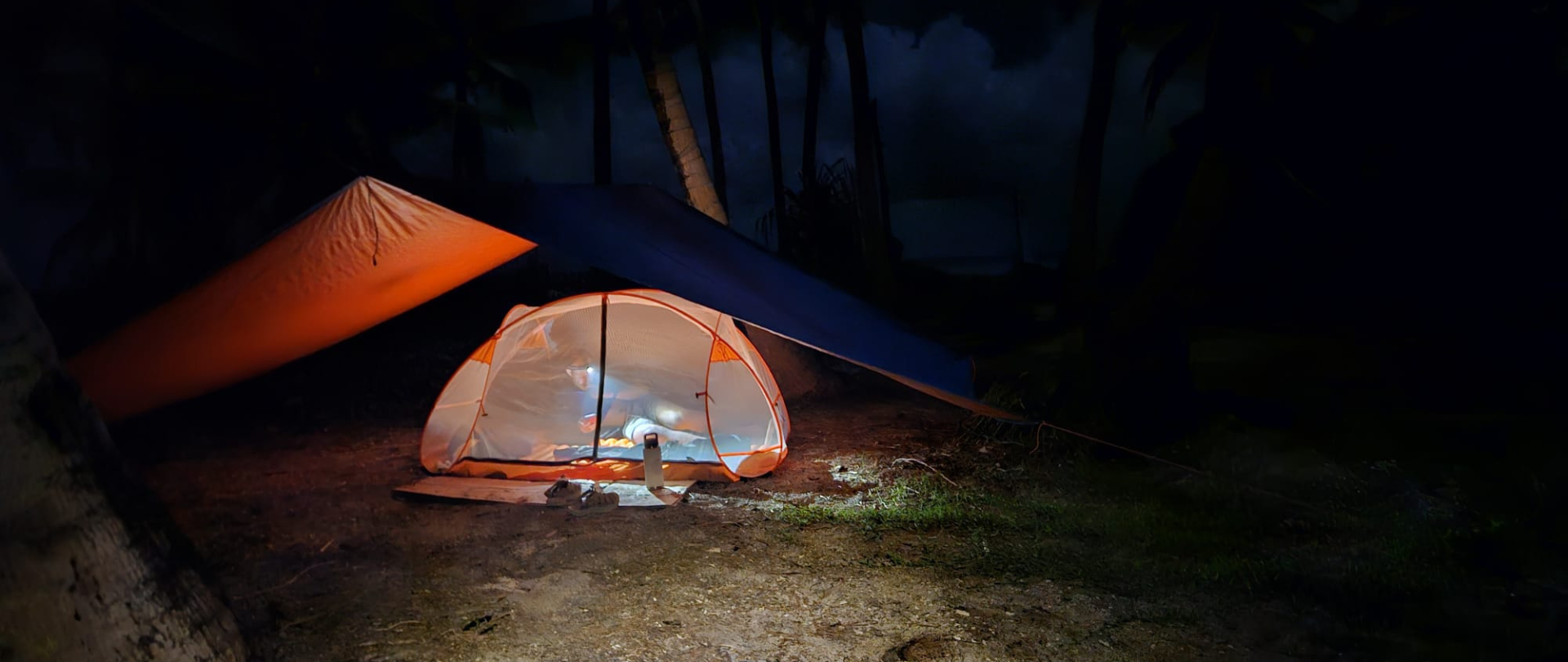
July 17, 2025
Great news from Tuvalu--our projects to restore Nukufetau Atoll, Tepuka, and Falefatu were successful!

June 17, 2025
Two new islands join the Island-Ocean Connection Challenge, linking terrestrial and marine conservation for maximum impact!
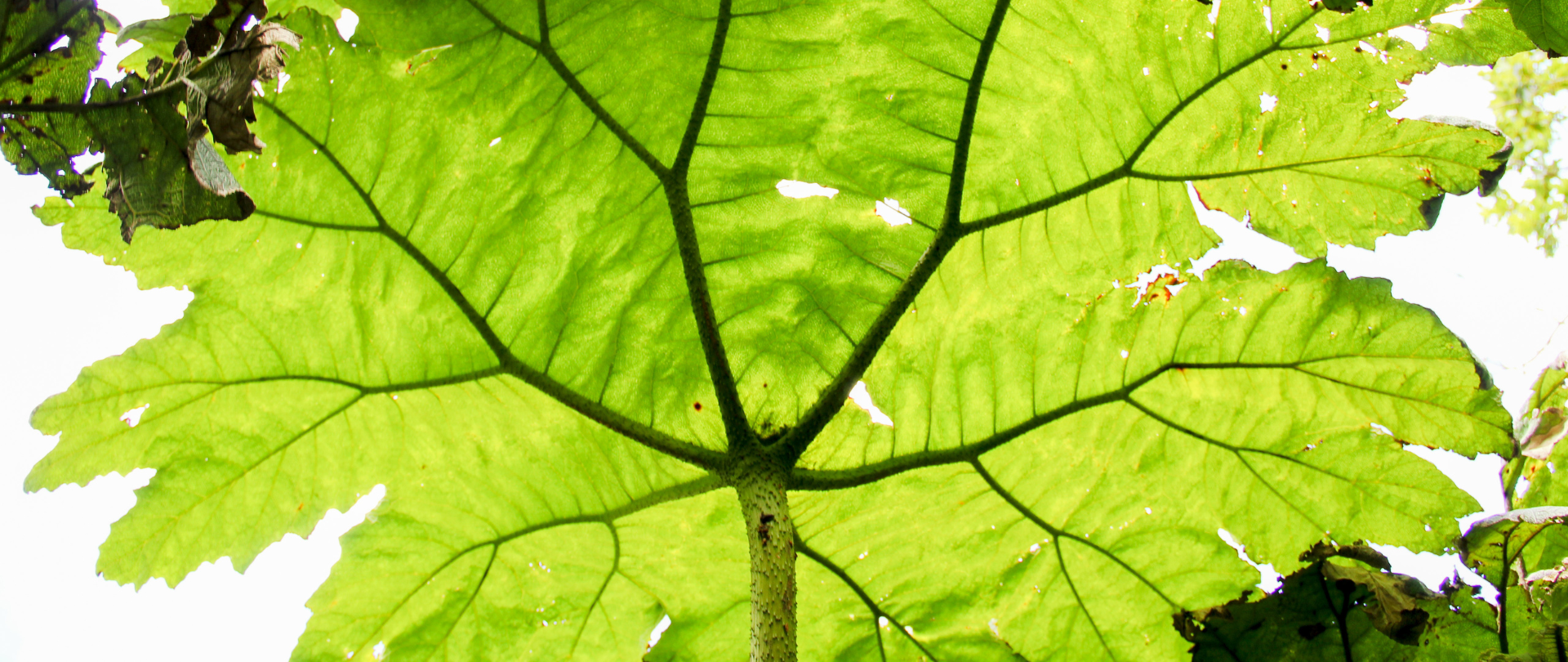
June 13, 2025
Our partner Conservation X Labs has joined the IOCC, committing to deploying transformative technology to protect island ecosystems!
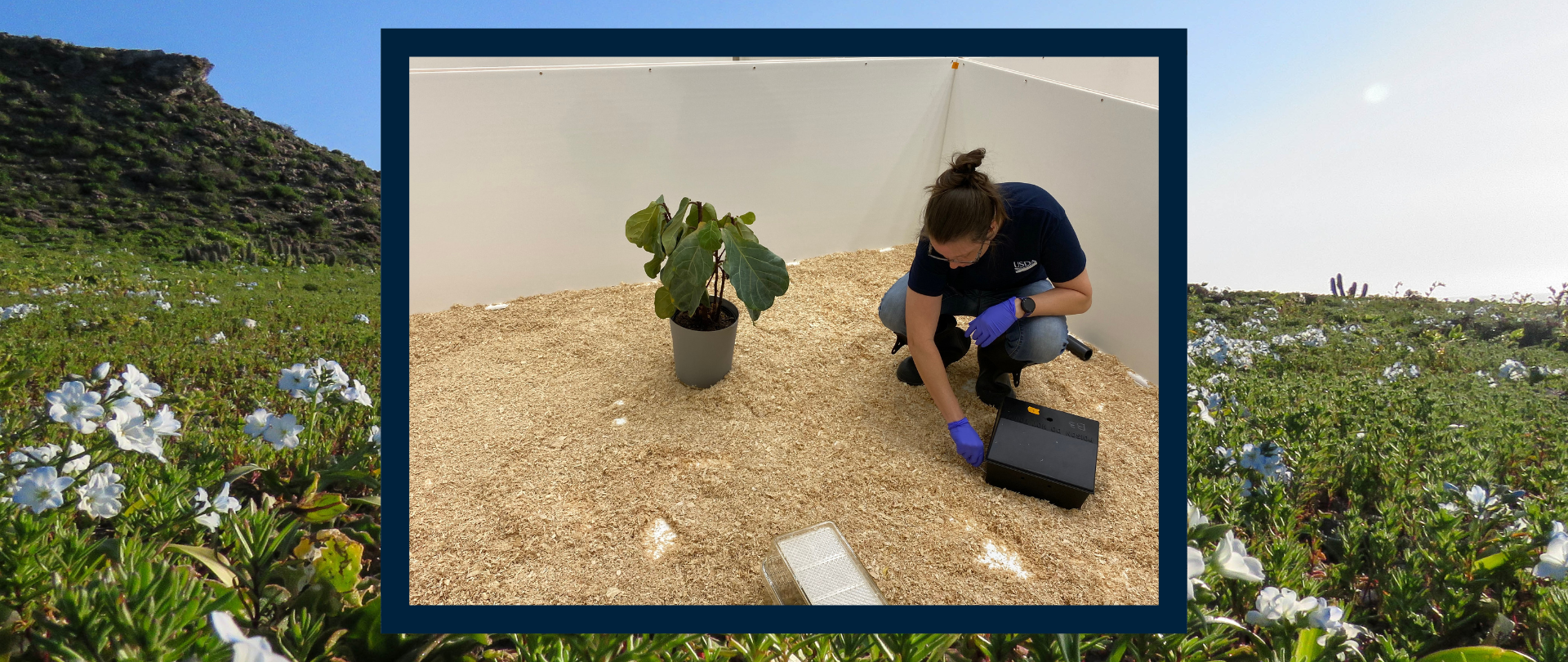
March 11, 2025
New environmental DNA technology can help protect vulnerable island ecosystems from destructive invasive species.
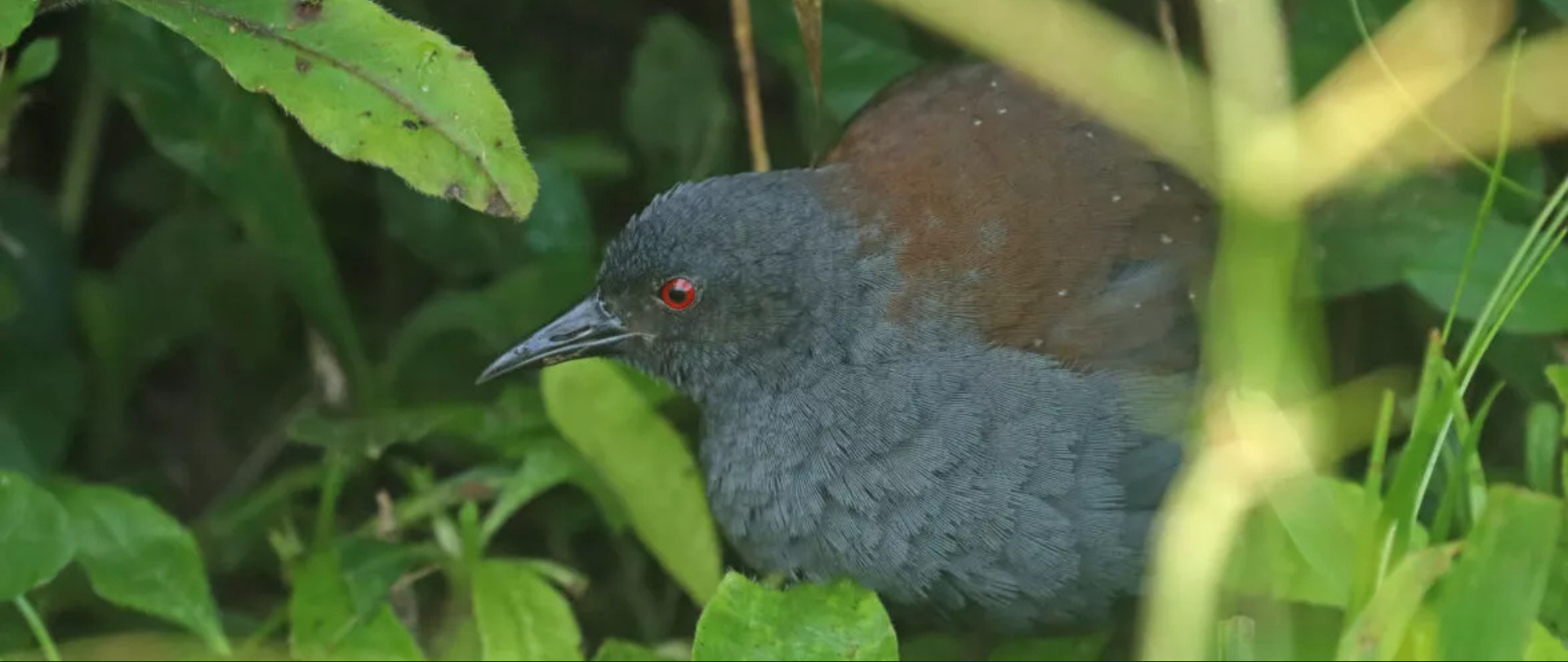
February 27, 2025
A locally-extinct species of ground-dwelling bird was found on Floreana Island!
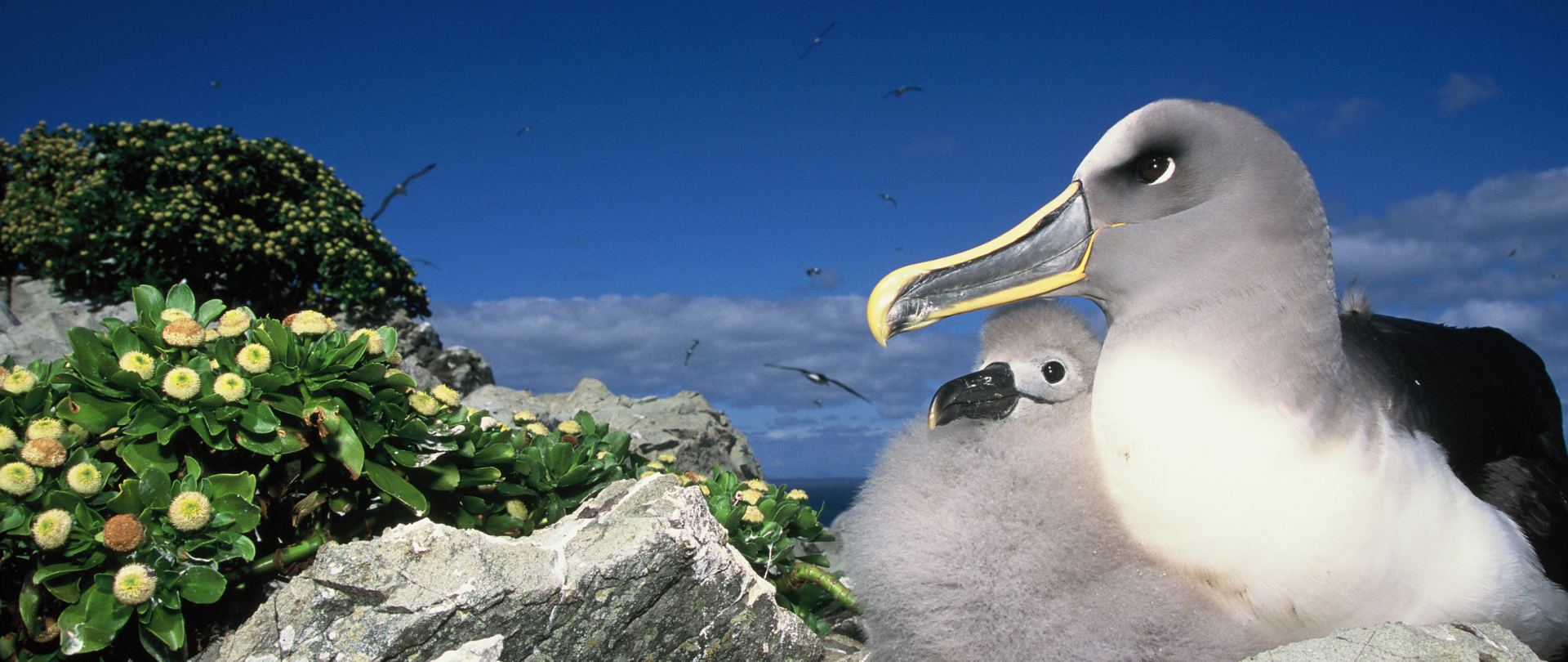
February 20, 2025
February 20, 2025, Bluff, New Zealand – The international conservation initiative, Island-Ocean Connection Challenge (IOCC), led by Island Conservation, Re:wild, and UC San Diego’s Scripps Institution of Oceanography, proudly welcomes three of New Zealand’s most ecologically rich islands into its…
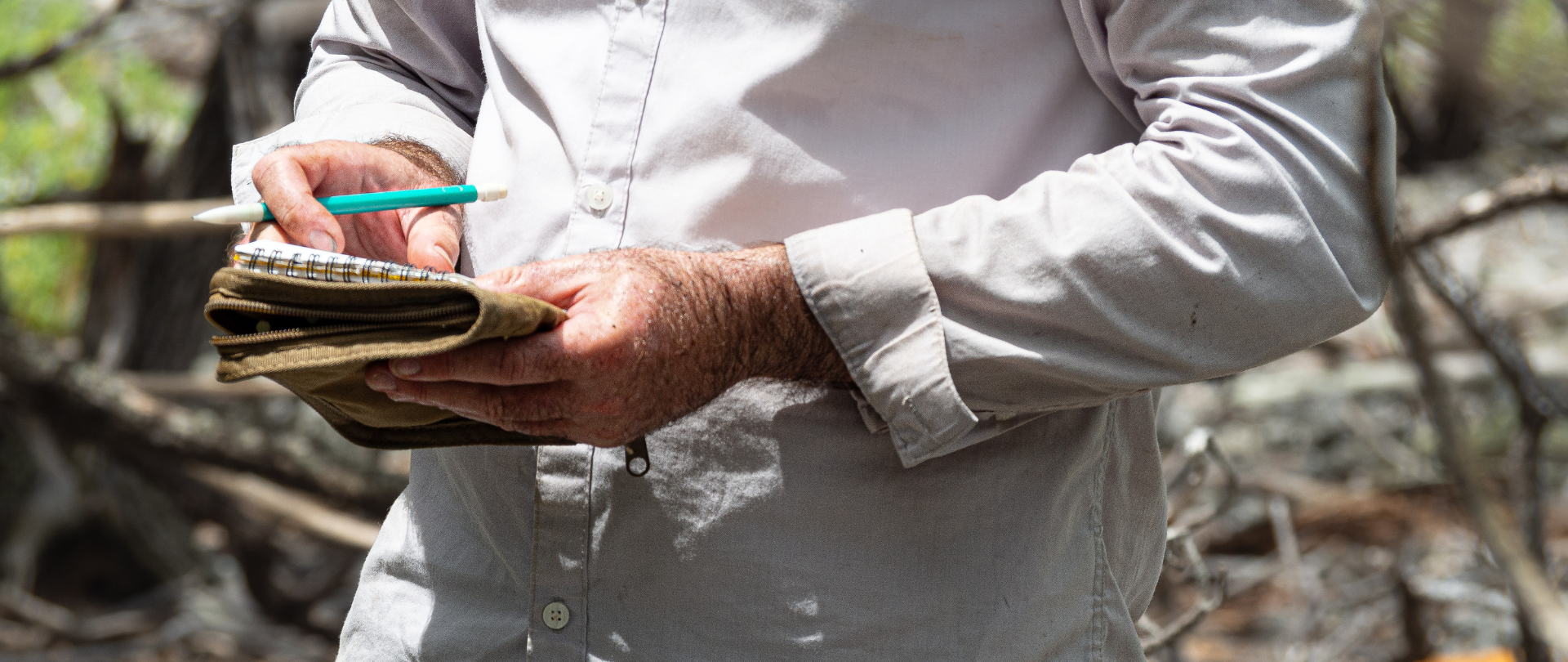
December 9, 2024
Groundbreaking research has the potential to transform the way we monitor invasive species on islands!